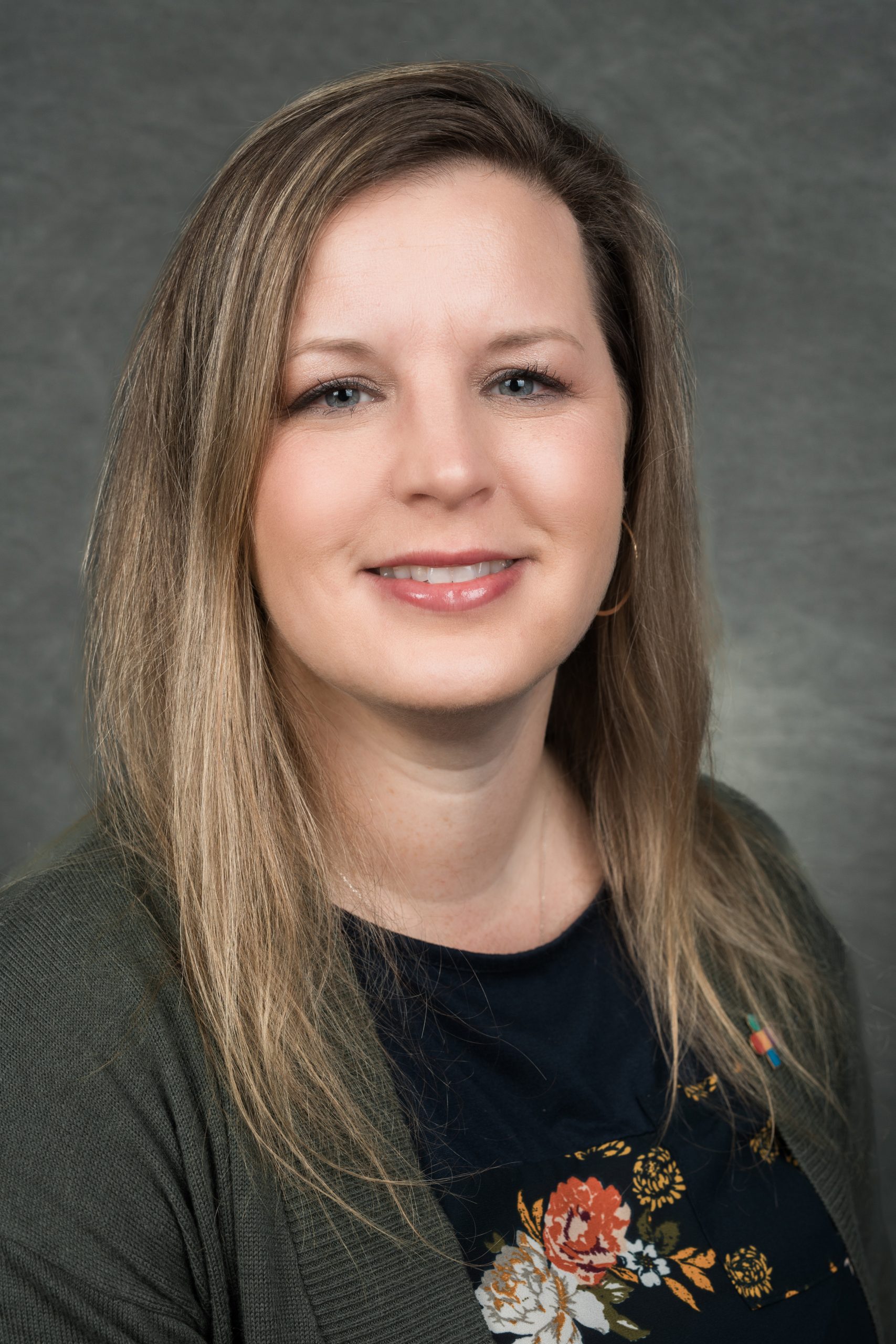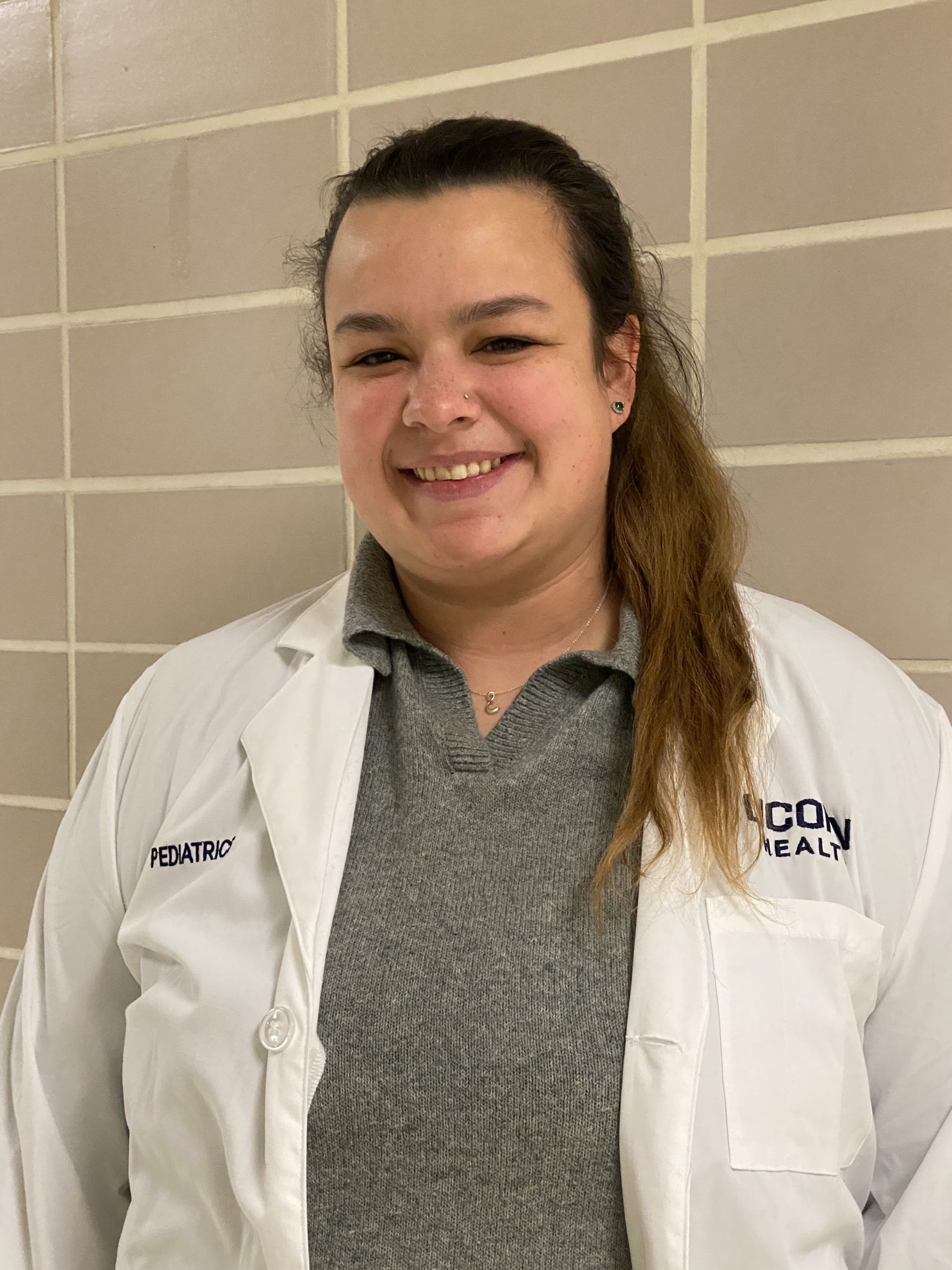Syphilis Research
Syphilis Research Team

Justin Radolf, M.D., Professor of Medicine, Pediatrics, Molecular Biology and Biophysics, Genetics and Genome Sciences, and Immunology
Justin Radolf received his B.S. degree in biology from Yale University in 1975. He attended medical school at the University of California, San Francisco, graduating in 1979. He was a resident in internal medicine at the Hospital of the University of Pennsylvania from 1979 to 1982. As a fellow in infectious diseases at UCLA (1982-1986), he began his research career in spirochetology, specifically studying Treponema pallidum, the cause of syphilis, a sexually transmitted disease. His efforts to use recombinant DNA to identify outer membrane proteins of T. pallidum led to the discovery of the unique protein-deficient outer membrane of T. pallidum. Following fellowship, he continued his spirochete research as a faculty member at the University of Texas Southwestern Medical Center. In the late 1980s, as Lyme disease began to emerge as an important public health problem, Radolf expanded his research program to include Borrelia burgdorferi, the cause of Lyme disease, the most prevalent arthropod-borne pathogen in the United States. In 1999, he relocated to UConn Health where he is currently professor of medicine, pediatrics, and genetics and developmental biology. He is an author or co-author on more than 150 peer-reviewed publications and more than 30 chapters or review. His spirochete research has been continuously funded by the NIH since 1988.

Melissa Caimano, Ph.D., Professor of Medicine, Pediatrics, and Molecular Biology and Biophysics
Melissa Caimano received a B.S. degree from the University of Rhode Island in 1989. She attended graduate school at the University of Alabama at Birmingham doing her thesis work on the genetic elements involved in Streptococcus pneumoniae capsule biosynthesis. In 1996, Caimano began a postdoctoral fellowship with Dr. Justin Radolf at the University of Texas Southwestern Medical Center in Dallas, relocating to the University of Connecticut in 1999. Her work has focused primarily on the regulatory pathways and molecular mechanisms underlying mammalian host adaptation and maintenance of Borrelia burgdorferi within its natural enzootic cycle. Most notably, these studies have led to the discovery that the alternate sigma factor RpoS plays a critical role in the down-regulation, as well as up-regulation, of borrelial genes specifically in response to mammalian host signals. She has published more than 46 peer-reviewed articles on microbial pathogenesis and related areas in high impact journals. Her work examining the interaction between the Lyme disease spirochete and its arthropod vector is supported by grants awarded to her by the National Research Fund for Tick-Borne Diseases (NRFTD) and the National Institutes of Health (NIH/NIAID). Caimano currently is an associate professor in the UConn Health Department of Medicine. She also has served on the Editorial Board of Infection and Immunity since 2006.

Kelly L. Hawley, Ph.D., Assistant Professor of Pediatrics, Medicine, and Immunology
Dr. Hawley is the Associate Director of the Division of Research at Connecticut Children’s and an Assistant Professor in the Departments of Pediatrics, Medicine, and Immunology at the University of Connecticut School of Medicine. She earned her PhD in Animal Biotechnologies and Biomedical Sciences from the University of Massachusetts Amherst, where she developed a lasting interest in microbial pathogenesis and host–pathogen interactions. Her research centers on the immunobiology and pathogenesis of Treponema pallidum, the causative agent of syphilis. Her laboratory works to characterize outer membrane proteins as potential vaccine candidates and to investigate the mechanisms that shape host immune responses to infection. She is particularly focused on developing novel immunologic assays and animal models to dissect the bacterium’s pathogenic features and identify correlates of protection that can inform syphilis vaccine development. In addition to collaborating on an NIH-funded syphilis vaccine study and clinical biorepository, Dr. Hawley serves as Principal Investigator on two vaccine development projects supported by Open Philanthropy and the Gates Foundation.

André A. Grassmann, Ph.D., Assistant Professor of Medicine and Pediatrics
André received his B.S. degree in Biological Sciences in 2009 from the Federal University of Pelotas (UFPel), Rio Grande do Sul state, Brazil. Since his undergraduate research, André has studied pathogenic Leptospira and leptospirosis. He received his M.S. degree in 2011 and his Ph.D. in 2015, both from UFPel Biotechnology School. In 2013, he was awarded a one-year Science without Borders fellowship from the Brazilian government and joined Drs. Caimano and Radolf to investigate differential gene expression by Leptospira interrogans within the mammalian host to identify potential novel vaccine targets. After two years of postdoctoral research in Brazil, he returned to the Radolf and Caimano lab in 2017 to continue studying gene regulation in Leptospira during host infection. In 2019, André expanded his research to Borrelia burgdorferi, focusing on gene regulation in response to host- and vector-specific cues, particularly the convergence of c-di-GMP– and PlzA-dependent signaling with the RpoS pathway. In 2022, he was promoted to Instructor, and since 2024 he has been an Assistant Professor in the Department of Medicine. His current research focuses on the molecular mechanisms of B. burgdorferi gene regulation during the tick–mammal infectious cycle, which represents his major area of investigation. In addition, his research addresses pathogenesis and vaccine development against Treponema pallidum (syphilis) and Leptospira interrogans (leptospirosis).

Everton B. Bettin, Ph.D., Post-doctoral fellow

Caitlin Moss, Ph.D., Post-doctoral fellow
Caitlin received her B.S. in biochemistry & molecular biology from Gettysburg College in Gettysburg, PA in 2013. Afterwards, she worked for 2 years in the laboratory of Dr. Christopher Sassetti at the University of Massachusetts Medical School in Worcester, MA studying genotypic underpinnings of multidrug resistance in Mycobacterium tuberculosis. She then obtained her Ph.D. in microbiology from Yale University in New Haven, CT under the mentorship of Dr. Craig Roy. For her dissertation research, she performed genetic screens to define fitness determinants in the opportunistic pathogen Legionella pneumophila during infection of mammalian hosts and uncovered a novel virulence role for an uncharacterized gene cluster encoding an ATP-driven transporter. In 2024, she shifted away from intracellular respiratory pathogens and joined the Spirochete Research Labs to investigate pathogenesis mechanisms in the syphilis spirochete Treponema pallidum by leveraging the field’s recently developed genetic tools.

Mason Marosvari, Ph.D. student
Mason received his B.S. in Cellular, Molecular, and Biomedical Biology from Boise State University in 2021. He then worked for two years as a research technician and post-baccalaureate scholar in the McElrath Laboratory at the Fred Hutchinson Cancer Center before joining the Biomedical Sciences Ph.D. program at the University of Connecticut Health Center. He is now a Ph.D. student in the Spirochete Research Labs, where his research focuses on host–pathogen interactions and the development of vaccines against Treponema pallidum.

B. Dillon Vannest, Ph.D. student
Dillon received his B.S. in Biochemistry from Central Michigan University in 2019. While there, he worked in the lab of Dr. Benjamin M. Swarts where he assisted in evaluating fluorescent glycolipid analogues designed to report on Mycobacteria-specific outer membrane remodeling esterases. He then worked for a few years at Lawrence Livermore National Laboratory in the lab of Dr. Matthew A. Coleman, where he assisted in the production of nanolipoprotein particles for varied uses, such as in experimental vaccine formulations against organisms such as Chlamydia trachomatis. He then joined the Biomedical Sciences Ph.D. program at UConn Health, where he now works in the Spirochete Research Labs helping to characterize the outer membrane proteins of Treponema pallidum.

Carson Karanian
Ms. Karanian obtained a bachelor's degree in general science with an environmental studies track in 1995 from Virginia Commonwealth University in Richmond, Virginia. She previously worked as a laboratory assistant at Pfizer in New London, Connecticut. Since 2003, she has worked as a research assistant II/lab manager in the Spirochete Research Laboratories. She is an expert in T. pallidium rabbit passaging, Borrelia burgdorferi culture, human and murine flow cytometry, epifluorescent and confocal microscopy, human monocyte and murine macrophage ex vivostimulation techniques and a variety of molecular techniques.

MORGAN LEDOYT, LABORATORY ASSISTANT II
Morgan is a laboratory technician II in the SRL working on Treponema pallidum pathogenesis and vaccine-development projects. She supports the team through protein expression and purification, coordination of animal immunizations, and a wide range of molecular biology and immunology assays. Morgan’s work keeps SRL projects moving efficiently and reproducibly.

Renee E. Pontbriant, Research Assistant I
Renee received her bachelor's degree in biomedical sciences from Quinnipiac University in 2022. She received her Master's Degree in Science (MS) in 2023 with a thesis focused on the effect of certain vacuolar proteins on the pH inside Coxiella burnetii-containing vacuoles. She joined the Spirochete Research Labs in Fall of 2023 with an initial focus in protein production, purification, and testing in the mouse model, but has since shifted toward rabbit work and in vitro cultivation of T. pallidum.

Crystal Vicente, RESEARCH ASSISTANT I
Crystal Vicente earned her Bachelor of Science degree in Biochemistry, with a minor in Genetic Counseling, from Eastern Connecticut State University in 2020. Crystal joined the Spirochete Research Laboratories in 2023 as a Research Assistant where she specializes in in vitro cultivation of Treponema pallidum with a range of other techniques including flow cytometry, confocal microscopy, and opsonophagocytosis.
CIDEIM Laboratory Members

Jonny Alejandro Garcia, M.D.,
Jonny Garcia obtained his medical degree from Universidad del Valle in 2017 and he was selected as a fellow of CIDEIM’s Clinical Research training program in November of 2017 based on his conviction to pursue a research career and outstanding academic record. His responsibilities include providing support in the development of research protocols, project management of clinical studies in human subjects and running of clinical studies.

Lady Giovanna Ramirez, B.Sc., M.Sc.
Lady Ramirez is a microbiologist, she received her M.Sc degree in Biomedical Science from Universidad del Valle in 2012. Her thesis was focused on the relationship between innate immune responses and the pathogenesis of secondary syphilis. She has eleven years of experience in flow cytometry as well as cell and molecular biology methods applied to the understanding of the host-pathogen relationship of infectious diseases. She leads the laboratory of immunology at CIDEIM and provides extensive support in the writing of research proposals, development of scientific publications and training of graduate and undergraduate students.